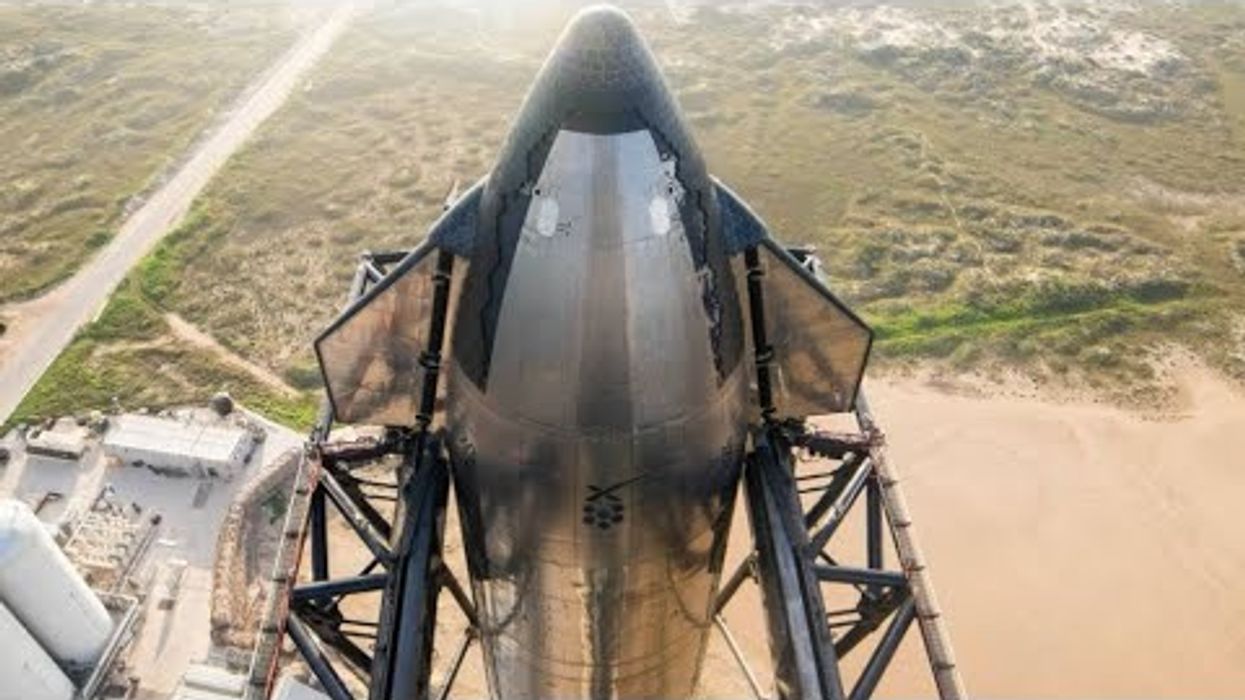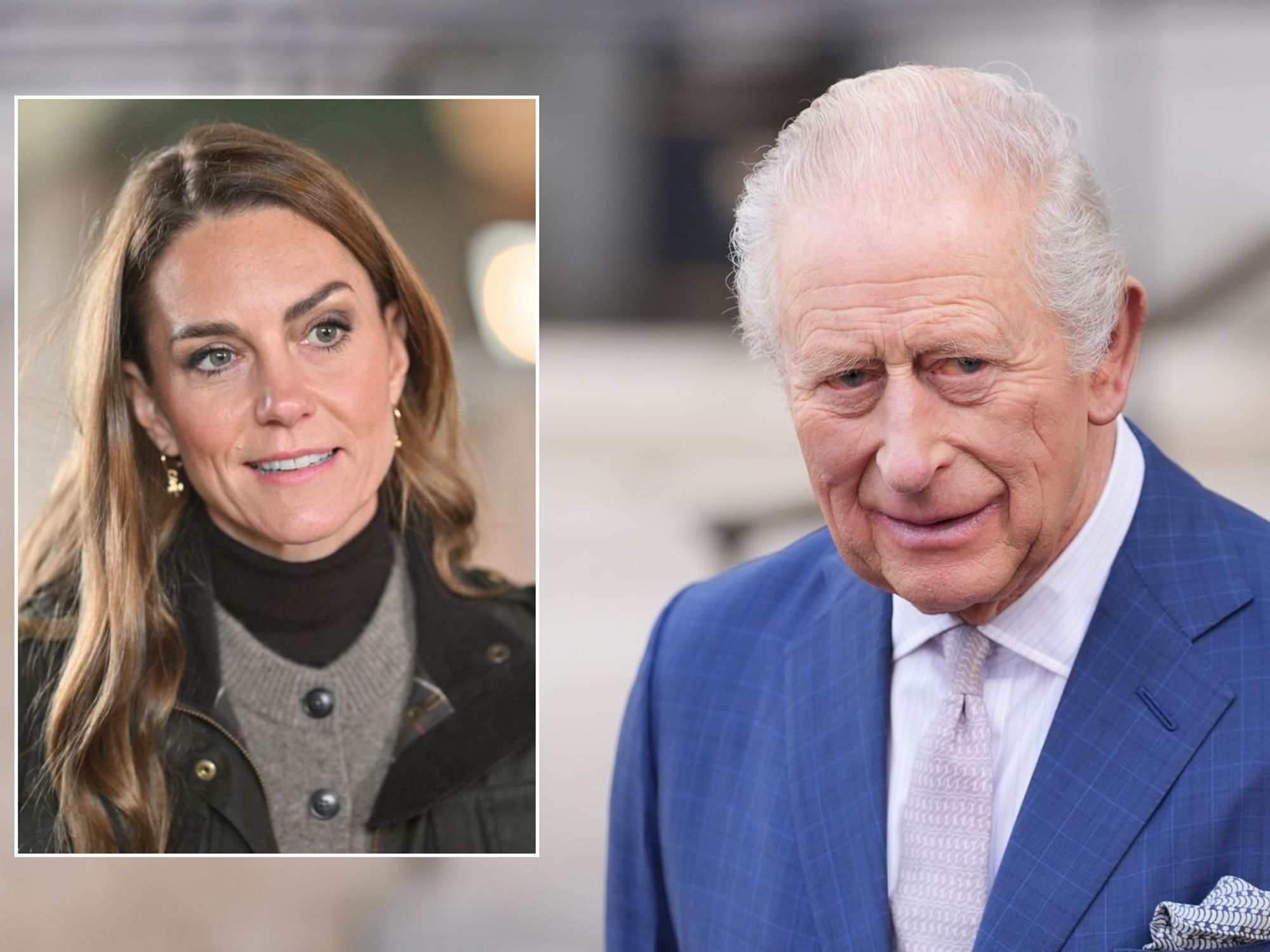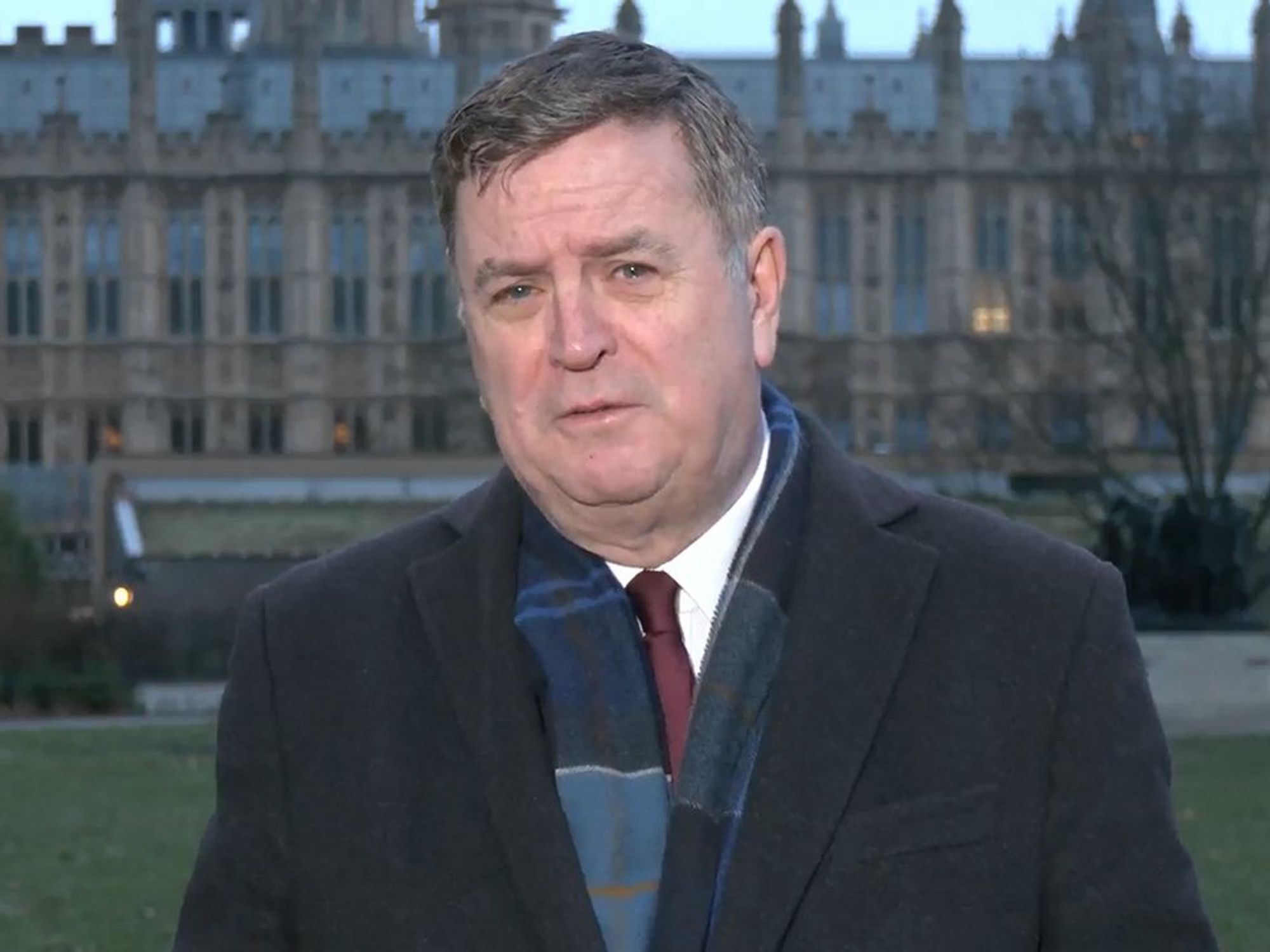SpaceX cancels launch of world's largest rocket after last minute error discovered

Starship is the largest rocket in the world
Don't Miss
Most Read
Latest
The launch of SpaceX has been cancelled and will be postponed for at least 48 hours, the Starship team has announced.
In a tweet sent minutes before the rocket was supposed to lift off, Elon Musk said: “A pressurant valve appears to be frozen, so unless it starts operating soon, no launch today”.
The launch attempt of the most powerful rocket ever developed, built by Elon Musk’s SpaceX, was due to lift off from Starbase in Texas, America.
The Starship team decided to carry on with the countdown as a dress rehearsal instead.
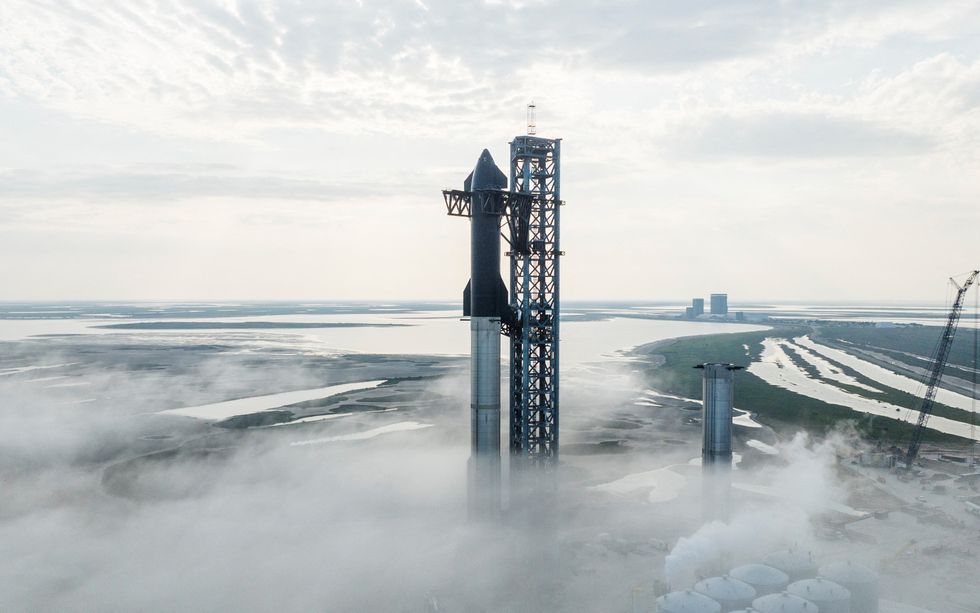
The Starship will launch at 2pm BST
|Reuters
The Federal Aviation Administration granted a license for what would be the first test flight of the fully stacked rocket system only on Friday.
The test mission, whether or not its objectives are entirely met, represents a key milestone in SpaceX's ambition of sending humans back to the moon and ultimately to Mars.
Founder of the space exploration firm Elon Musk has already warned "success is not what should be expected" from the launch.
He said last night: "It's just a very fundamentally difficult thing."
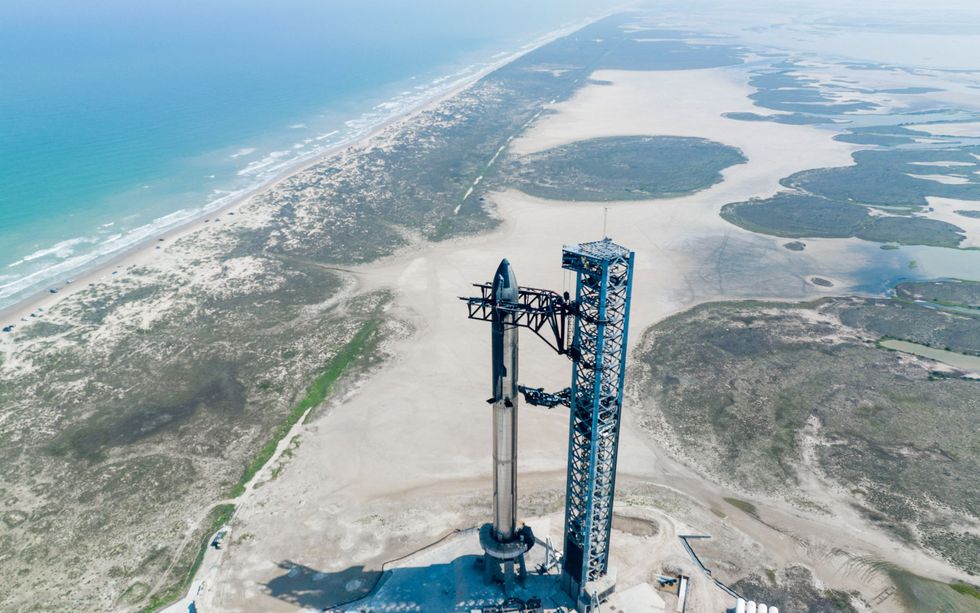
Elon Musk has warned there is no guarantee of success
|Reuters
In its mission overview, SpaceX added: "As is the case with all developmental testing, this schedule is dynamic and likely to change, so be sure to stay tuned to our social media channels for updates.
"As we venture into new territory, we continue to appreciate all of the support and encouragement we have received from those who share our vision of a future where humanity is out exploring among the stars."
If all went to plan this afternoon, the rocket's engines would have ignited simultaneously to loft the Starship on a flight that nearly completes a full orbit of the Earth before it re-enters the atmosphere.
It would have then free-fell into the Pacific at supersonic speed about 60 miles off the northern Hawaiian islands.
After separating from the Starship, the Super Heavy booster was expected to execute the beginnings of a controlled return flight before plunging into the Gulf of Mexico.
It comes after SpaceX did a test-firing of the booster which will ignite the rocket's engines in February.


